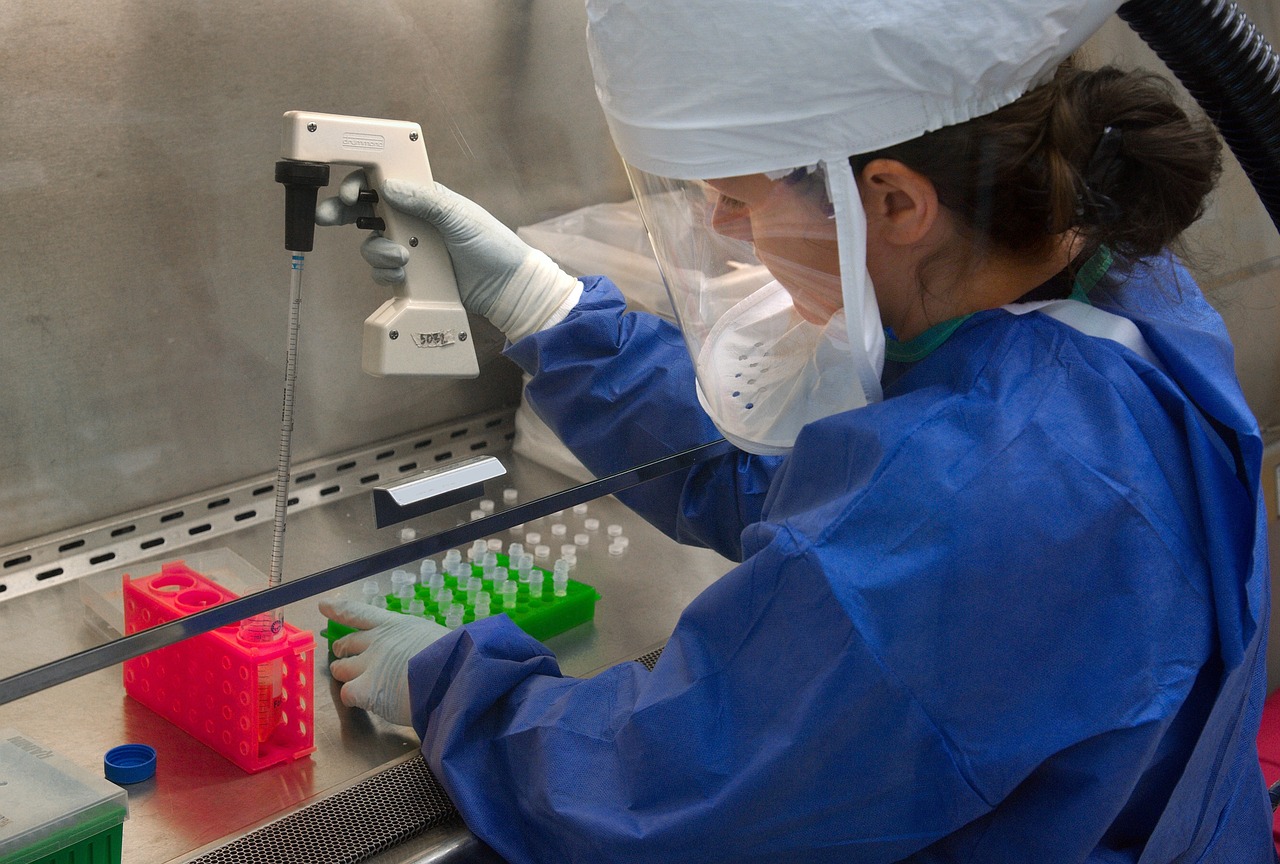
Stanford scientist to return to Hungary as part of the Foreign Researcher Recruitment Programme.Continue reading

A project studying the impact of infectious diseases on the development of immunological diseases is being launched with the participation of the HUN-REN SZBK Systems Biology Research Group, announced the Szeged Biological Research Center (SZBK), a member of the Hungarian Research Network (HUN-REN).
Within the ID-DarkMatter-NCD project, funded by the European Union’s Framework Program for Research and Innovation, researchers are investigating why certain infectious diseases are followed by immunological diseases. The consortium is led by Thomas Vogl from the Medical University of Vienna and the team is made up of top experts in immunology, genetics, and data science. The Systemic Immunology Research Group at the SZBK is coordinating the genetic analysis of patients within the project.
The main goal of the research program, lasting until 2028, is to identify the hidden genetic and environmental factors that link infectious diseases to later-onset and often chronic immunological diseases.
To achieve this, the team will analyze the antibody-mediated immune response to around 600,000 antigens from 6,000 patients. Diseases selected for detailed analysis include post-COVID syndrome, inflammatory autoimmune disease affecting the central nervous system, multiple sclerosis, chronic fatigue syndrome, autoimmune disease with inflammatory lesions of the joints, rheumatoid arthritis, chronic autoimmune disease affecting various organs of the body, systemic lupus erythematosus, and inflammatory bowel disease.
Using modern methods and genetic testing, the team will build up a detailed immunological profile of each patient, allowing a comprehensive and detailed picture of the development of the diseases.
The 60-month project, funded by the Horizon Europe program with EUR 8.4 million, involves 12 European consortium partners, including the University of Basel as a Swiss co-partner with additional funding of around EUR 1.2 million.
Via MTI, Featured image: Pixabay